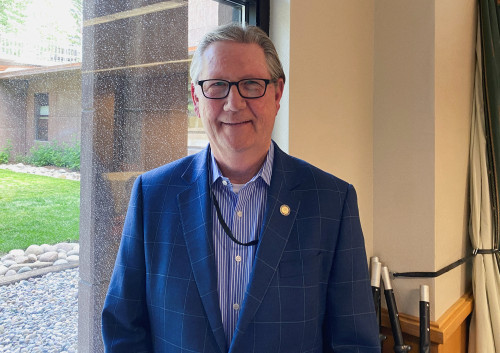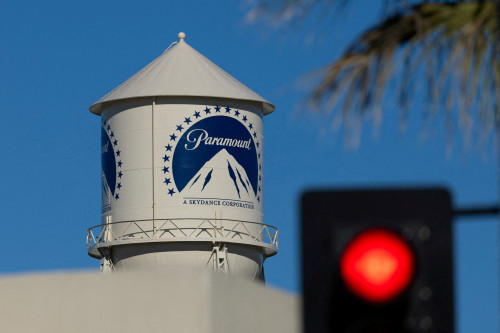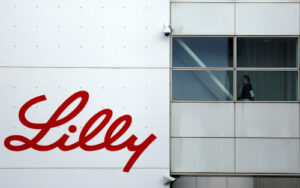(Reuters) -The U.S. central bank should not take tariffs’ muted effect on inflation so far as an opportunity to cut interest rates, but rather as a sign that monetary policy is “appropriately calibrated,” Kansas City Federal Reserve President Jeffrey Schmid said on Tuesday, in remarks that contrast with the increasingly dovish tone of some of his colleagues.
“With the economy still showing momentum, growing business optimism, and inflation still stuck above our objective, retaining a modestly restrictive monetary policy stance remains appropriate for the time being,” Schmid said in remarks prepared for delivery to an economic development conference in Oklahoma. “While increased tariffs seem to be having a limited effect on inflation, I view this as a rationale for keeping policy on hold rather than an opportunity to ease the stance of policy.”
Schmid said his “patient approach” to changing the policy rate, currently in the 4.25%-4.50% range, shouldn’t be seen as a “wait and see” approach because he does not think that it will be clear in the next few months whether tariffs are pushing up on prices temporarily or persistently.
Rather, he said, he feels the current policy rate is not very far above the neutral rate, where activity is neither stimulated nor restrained, and the labor market is still looking solid despite a sharp drop in job growth in recent months.
And while the cooling labor market is keeping a lid on the pass-through of tariffs into inflation, boosting demand aggressively could raise the risk of an outsized increase in price pressures, Schmid said.
“In my view, and in discussion with my contacts, growth remains solid, inflation remains too high, and therefore policy should remain modestly restrictive,” he said. “That said, as I stated earlier, inflation is determined by the balance of supply and demand, and if I see indications that demand growth isweakening significantly, I will adjust my views accordingly.”
(Reporting by Ann Saphir; Editing by Paul Simao)





